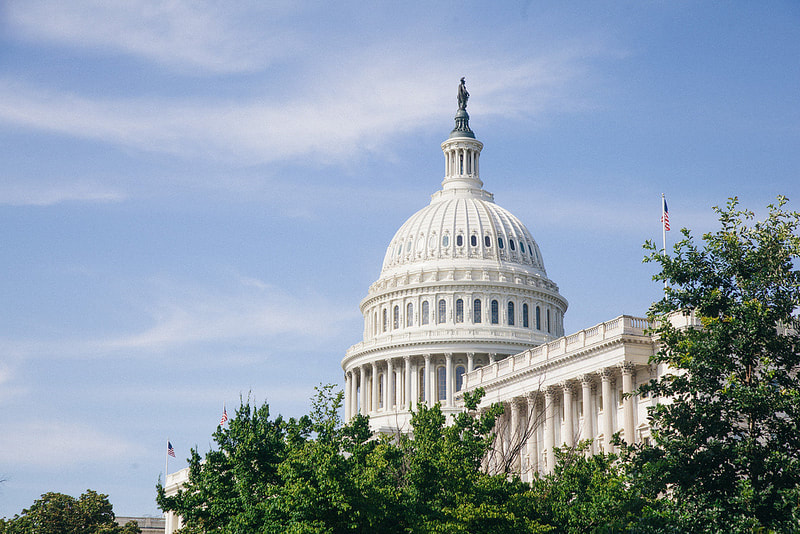| Congress and the president seem to have come to terms with raising the debt limit — the umpteenth chapter of a never-ending cliffhanger series. But the deal, if it holds, would be good only until the end of the year, when more difficult fiscal decisions await. But while we sit back to enjoy the fun on television, maybe more of us ought to be considering our own debt ceilings. That is decidedly less fun, I know, but not doing so could prove disastrous, and in much shorter order than it will take Social Security to run out of money. |
| | Last month, the Federal Reserve reported that Americans have a record $1.021 trillion in revolving credit, otherwise defined as credit card debt. This beats the previous record, set in April of 2008. Every adult ought to remember what happened that year as financial markets collapsed along with home prices. Jobs disappeared and the gap between spending and income, to use a colloquialism, got real. Nine years ago, I naively wrote a column saying that perhaps now, with the economy collapsing around us, we had learned a lesson. Maybe now we would stop considering our credit cards as magic wands. “As any true believer in the market knows, bad behavior, even if it succeeds for a time, eventually will be punished — often harshly,” I wrote. My optimism, I admit, has taken a hit, but what I wrote then about the market — “(It) doesn’t monkey around with heart-to-heart talks or group sessions to deal with personal issues” — hasn’t changed. Writing about this new record credit card debt on marketwatch.com, Maria Lamagna quoted a senior industry analyst at CreditCards.com, who said, “This record should serve as a wake-up call to Americans to focus on their credit card debt. Even if you feel your debt is manageable right now, know that you could be one unexpected emergency away from real trouble.” But while it’s easy to sit back and chastise the great, faceless American public, that would ignore another, perhaps bigger, problem. When you look beyond credit cards, young Americans, in particular, are sinking in the deep waters of student loans. The Market Watch report said housing-related debt is down by $1 trillion since ’08, but student loan debt is up $671 billion. Forbes reported earlier this year that student loan debt is now second only to mortgages in terms of consumer debt. In Utah, the average student loan balance is $18,873, according to The Institute for College Access and Success. That’s about half what it is in New Hampshire, but still a lot for a graduate to overcome. Young people, many too young to have felt the impact of the great recession, are taking out loans to get the college degrees they need to succeed in life. Many of them feel they have little choice. Collegedata.com reports the average cost for one year at a modest in-state college is $24,610. Private colleges cost much more. Not long ago, experts were predicting that online learning would disrupt traditional higher education and bring tuition costs down to a more reasonable level. That hasn’t happened. In the meantime, this rapidly escalating debt has the potential to be even worse than the mortgage crisis of a decade ago. At least then, banks could repossess houses that, while worth far less than the amount borrowed against them, still had some value. But it’s impossible to repossess a person’s education. Those loans are, like credit cards, unsecured, and they’re vulnerable when the graduate becomes unemployed. They’re especially vulnerable in the event of a widespread economic slowdown that leads to many graduates being unemployed. All of which paints a picture that’s a little more complicated than simply telling people to quit using credit cards (although the cards remain a huge problem). Yes, the federal government spends too much. Perhaps some would say it taxes too little, but that doesn’t seem like the proper perspective if you want the economy to continue creating jobs. But runaway government spending and household debt can combine to make the next crisis a truly toxic and difficult one to overcome. When that happens, we’ll wonder why we didn’t see it coming. |


 RSS Feed
RSS Feed

